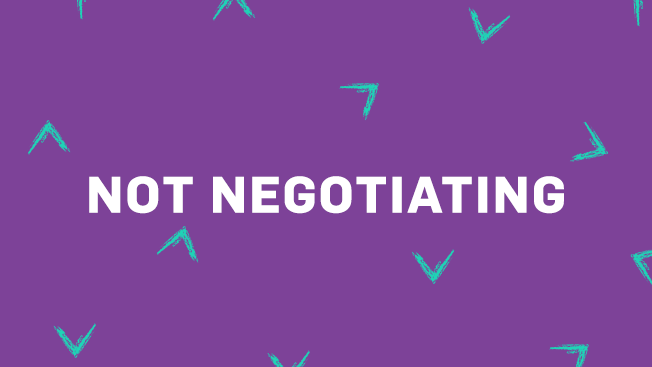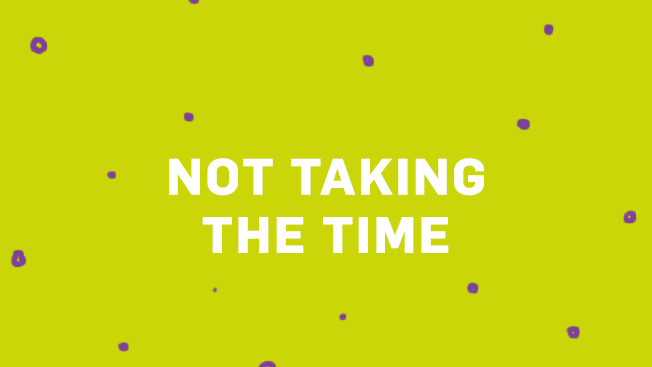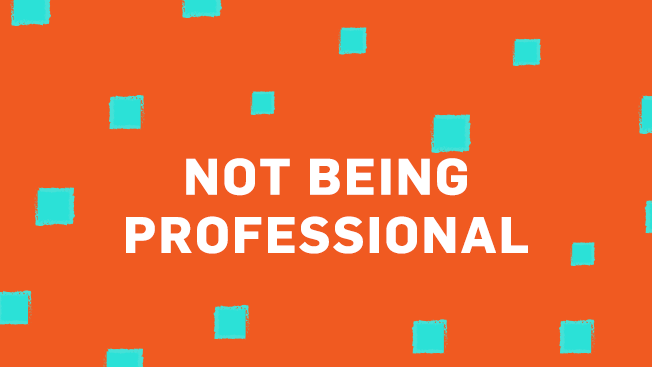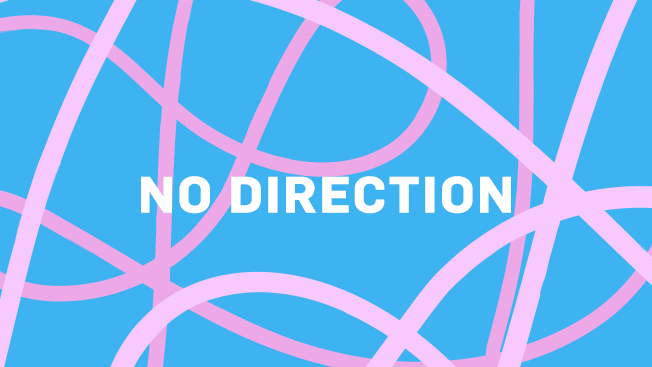6 Common Mistakes Recent Graduates Make

Looking for your first job after graduation can be a confusing and stressful time, especially if you tend to waffle between feeling insecure and totally employable.
This paradox can make recent grads feel pretty desperate. That is, until they get the call from human resources:
"We'd like to offer you the position. The salary is ... "
"I'll take it!"
And there it is. One of the most common mistakes recent grads make, according to seasoned professionals: accepting an offer without question or negotiation.
We chatted with hiring managers and recruiters about some of the other most cringe-worthy mistakes that young professionals make and how to avoid repeating them. Here's what they had to say:

1. Failure to Negotiate
A good first step is to start your job search with a salary in mind. Being honest about your salary requirements early on can save you and potential employers a lot of wasted time.
Calculate how much you realistically need. Do some research online or ask a trusted mentor for input on how much you can expect to make in your first job. There's no guarantee that what you'll get will match the number you find in your research, but you should come away with a good idea of what to expect.
When you get an offer, think about it overnight and always make a counteroffer for more money, better benefits or both. It's rare to lose an offer as long as you don't go overboard or act like an entitled jerk. The key is to request, not demand.

2. Moving Too Quickly Without Asking for Help
People new to the workforce are eager to prove themselves. Instead of prioritizing, they focus on checking everything off a list as quickly as possible without asking for help.
In the agency world, for example, new hires have a lot of information coming their way each day, says Kay Lindsay, vp of business development at food and beverage marketing firm Bullfrog + Baum.
"Managing this workflow can be challenging for someone just entering the professional workforce," she said. "The biggest mistake people make is not asking for help from their direct manager in order to prioritize their daily tasks."
It's always vital that you hit deadlines, but don't let yourself become so rushed that you're not equally focused on quality.

3. Downplaying the Importance of Professionalism
Social media and college life both make it easy to express yourself freely. It's when this attitude carries over to the workplace that #nofilter becomes a bad thing. Being fashionably late may have been an adorable personality quirk in college, but it's disrespectful on the job.
Similarly, it's easy to think of dress codes (or unspoken workplace standards) as a remnant of a bygone era, but the reality is that it's always good to get a sense of your new office's culture before you get too expressive with your personal style. Once you get to know the vibe of your company better, you'll get a better sense of whether it's OK to be a bit more casual, but it doesn't hurt to err on the side of looking a bit conservative in your early days.
When it comes to social media, Jessica Welch, human resources associate at BBDO, Atlanta, says cleaning up your public accounts should be top of mind for recent graduates.
"It's so easy to find things," she said. "If there's information that's public on Facebook, they just need to make sure it's professional and a true indication of them and who they are."
(For more, check out our article on how to vet your online presence.)
Don't let a few bad judgment calls early on give you a bad reputation. It's OK to be yourself, but being professional and considerate in the beginning will make your co-workers want to get to know you better later.

4. Not Being Patient About Paying Your Dues
Don't expect to get all the best assignments right away. You may be hired based on talent, intellect and potential, but those things won't be enough to put you over those with experience, perspective or diplomacy.
"Recent grads are so savvy and so smart," Welch said. "But the biggest challenge for them is really adapting to a real-world career and understanding that things take time. When I ask someone why they are leaving a job, most of the time it's not the culture; it's simply that things just take too long to happen in this world of instant gratification."
Jessica Randazza, head of marketing for Early Life Nutrition at Danone, notes that recent graduates often dismiss the value of learning the basics and fundamentals.
"As a result, they don't take the opportunity to build their network within the organization—to find mentorship outside of their manager—to help learn some of those necessary skills," she said.

5. Gossiping and Griping to Fit In
As the new person in the office, you may seem vulnerable to those who like to stir the pot. Welch offers a simple key to dealing with office politics: be a good person.
"Be somebody that people want to work with," she said. "That will get you very far, especially in the ad industry."
Hear people out, but don't encourage chatter about coworkers or office politics. When you hear your colleagues griping or gossiping, fight the urge to join in. If you're dragged into it, be polite, and find a way to change the subject. They'll soon learn that you aren't interested in gossip, and you can get back to work.

6. Not Thinking About the Future
For recent grads, five years from now might as well be 500 years from now. It's easy to focus on short-term issues instead of long-term goals, making young employees likely to jump around from job to job without having a clear goal in mind.
Start thinking about where you want to go from Day 1. Look for opportunities to learn, and take on new responsibilities. Before you know it, you may have already written your next job description.
"Become a student of the industry," Randazza said. "Become deeply obsessed with what has worked in the past in order to take those as learnings, and adopt for the needs of the future. One way to achieve this is by cultivating relationships with mentors."
If you start feeling restless early on, keep your long-term goals in mind, and don't be lured away by perks like a little more vacation time if the job itself could lead you off your personal path.
"Always remember the passion you came in with, especially in the ad world," Welch said. "It's a world of 'no, it's not in budget,' or the client doesn't like the work. Keep that passion that got you the job in the day-to-day. And always work harder than anyone else in the room."
Reference: http://www.adweek.com/
